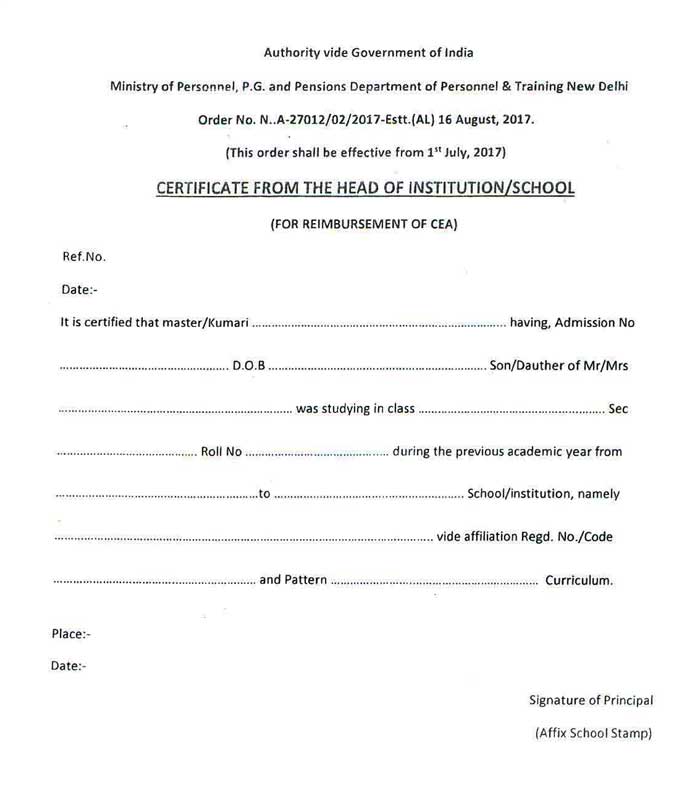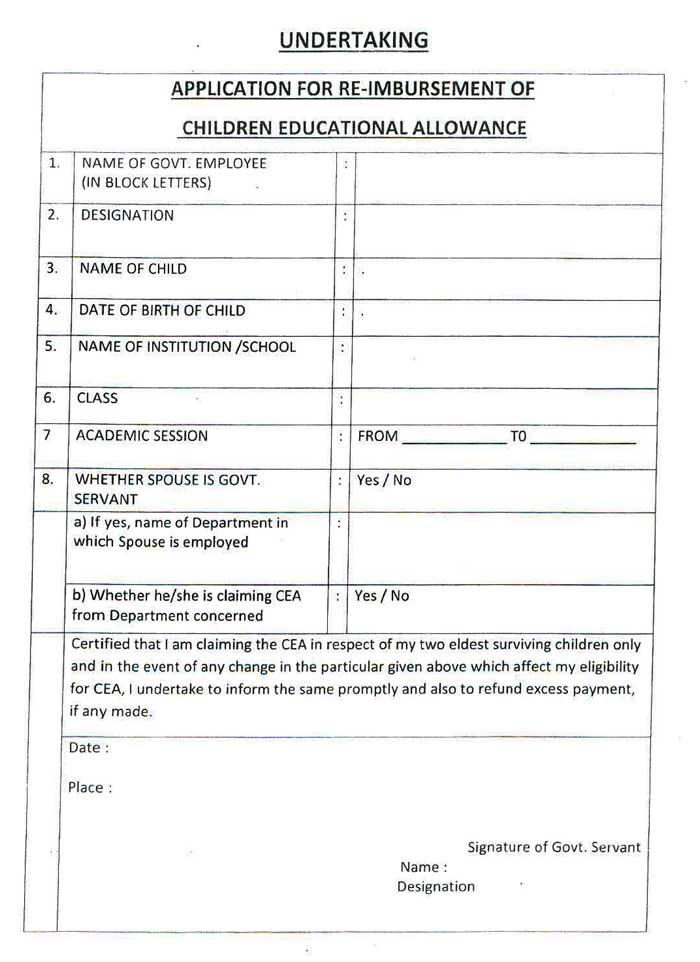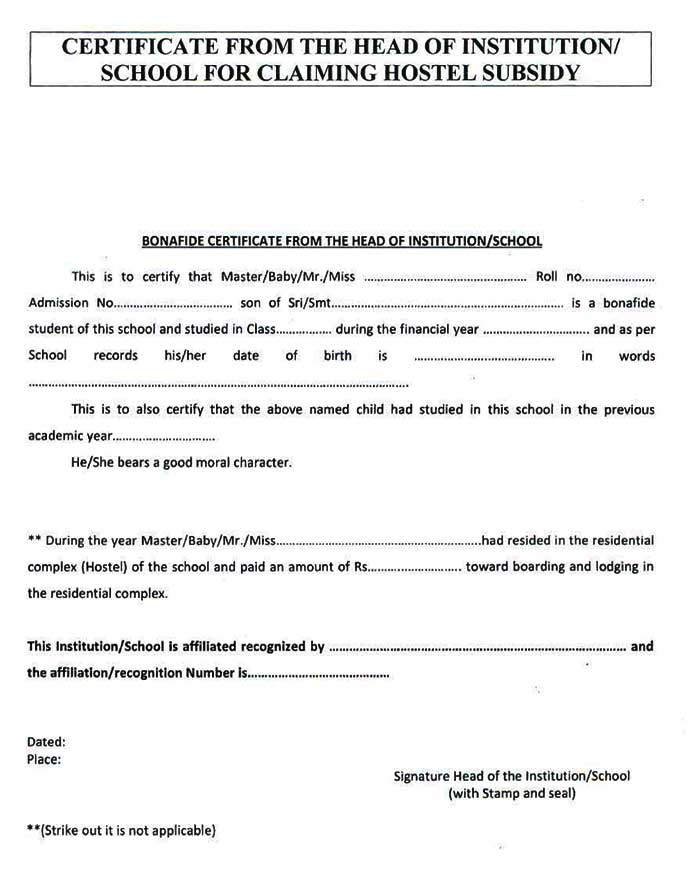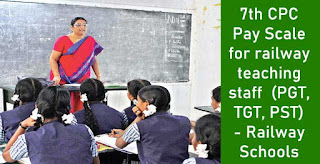Supreme Court Order in SLP regarding benefits in promotional hierarchy under MACP Scheme - DoPT Order
MACP Supreme Court Order
According to the current MACP rules, benefits under the MACPS
cannot be given in the promotional hierarchy and must instead be granted
in the standard hierarchy of Grade Pay/Pay Levels in the Pay Matrix.
F.No .22034/4/2020-Estt.(D)
Government of India
Ministry of Personnel, Public Grievances & Pensions
Department of Personnel & Training
OFFICE MEMORANDUM
North Block, New Delhi -110001
Dated: 05th April, 2021
Subject: Order of Hon’ble Supreme Court of India dated 05.03.2020 in
SLP (C) No.21803/2014 Uol Vs. M.V. Mohanan Nair & Ors. regarding
benefits in the promotional hierarchy under MACP Scheme - other issues
arising out of Order dated 05.03.2020 - regarding.
The undersigned is directed to refer to this Department’s O.M. of
even number dated 23.03.2020, which was issued as per Order dated
05.03.2020 of the Hon’ble Supreme Court of India in SLP (C)
No.21803/2014, UoI Vs. M.V. Mohanan Nair & Others wherein the
Hon’ble Apex Court had held that benefits under the Modified Assured
Career Progression Scheme (MACPS) cannot be granted in
the promotional hierarchy and that it would be in the standard hierarchy
of Grade Pay/Pay Levels in the Pay Matrix as per the existing MACP
guidelines.
2. The Hon’ble Apex Court, in para 53 of aforementioned Order
dated 05.03.2020, further directed that some anomalies, which were
brought before the Joint Committee, constituted in the Department of
Personnel & Training (DoP&T) to examine the MACPS, as indicated
in paras 47 to SO of the Order dated 05.03.2020, be considered as deemed
appropriate, and a decision was taken in accordance with the law.
3. Accordingly, in compliance with the directions of Hon’ble Apex
Court, as indicated in paras 47 to 50 of the Order dated 05.03.2020, the
issues arising out of deliberations of the Joint Committee constituted
to examine the MACP Scheme, and which were not finally disposed of, have
been examined in consultation with Department of Expenditure. It is
also to be noted that revised guidelines on MACPS, as per
recommendations of the 7th CPC, have been issued vide DoP&T’s OM No.35034/3/2015-Estt.(D) dated 22.10.2019.
4. The decisions taken on these issues, item-wise, are as follows:
Item No. 1: To provide Grade Pay of the next
promotional post under the MACPS (Item No.1 of Minutes of the meeting of
Joint Committee held on 15.09.2010).
Item No. 2: Anomaly on the introduction of the MACPS
– Option may be given to the employees to continue in the old ACP
Scheme even after 01.09.2008 (Item No. 8 of Minutes of the meeting of
Joint Committee held on 15.09.2010).
Item No. 3: Continuation of the ACP Scheme beyond
31.08.2008 by giving an option to choose either benefit under the ACPS
or the MACPS, whichever is more beneficial (Item No.3 of Minutes of the
meeting of Joint Committee held on 15.09.2010).
Decision: The issue of grant of benefits in the
standard hierarchy of Grade Pays/Pay Levels as per the MACPS guidelines
has already been settled by the Hon’ble Apex Court in its Order dated
05.03.2020. Moreover, the matter of replacement of the ACPS with MACPS
has also been settled by the Apex Court. As such, as clarified to the
staff side vide letter dated 4.11.2013, the solution lies in cadre
review to address issues relating to stagnation. Therefore, the demands
of the Staff Side for grant of benefits in the promotional hierarchy or
continuation of the ACPS beyond 31.08.2008 by giving the option to
either choose between ACPS or MACPS, whichever is more beneficial; cannot be agreed to. Hence, action on these items is treated as closed.
Item No. 4: Revision of date of introduction of the
MACPS (Date of Effect) – Date of effect of the MACPS to be made as
01.01.2006, instead of 01.09.2008 as provided in the scheme (Item No.2
of Minutes of the meeting of Joint Committee held on 27.07.2012).
Decision: The issue is presently sub-judice before
the Hon’ble Apex Court in SLP Nos. 10811- 10813/2018 in the matter of
Uol Vs. Ranjit Samuel. Hence, no decision can be taken at this stage. As
and when the main and tagged cases are disposed of by the Hon’ble Apex
Court, the decision would be communicated to all Ministries/
Departments.
Item No. 5: Applicability of the MACPS to Group ‘D’
employees who have been placed in the Grade Pay of Rs.1800/- in PB-I
(Item No.4 of Minutes of the meeting of Joint Committee held on
15.09.2010).
Decision: It has been clarified in DoP&T’s O.M.
No.35034/3/2008-Estt.(D) dated 16.11.2009 that promotions earned or
upgradations granted under the ACP Scheme of August 1999, in the past to
four pay scales (S-1, S-2, S-2A, and S-3), which now carry the grade
pay of Rs.1800/-, shall be ignored for the purpose of the MACPS.
Therefore, no further action is required. Hence, the item is treated as closed.
Item No. 6: Counting of 50% of service rendered by
casual labor who attained a temporary status for reckoning the 10, 20,
and 30 years of service under the MACPS (Item No.5 of Minutes of the
meeting of Joint Committee held on 15.09.2010).
Decision: As per para 5(v) of the Appendix
pertaining to the Casual Labourers (Grant of Temporary Status and
Regularization) Scheme, 50% of the service rendered under temporary
status is to be counted only for the purpose of retirement benefits
after their regularization. The temporary service rendered does not
count for any other purposes. Moreover, under the ACPS also, no
provision was made for counting of temporary service as 1st and 2nd
financial upgradation was being granted to an employee on completion of
12/24 years of regular service. Therefore, the proposal cannot be agreed
to. Thus, action on this item is treated as closed.
Item No. 7: Supervised staff placed in higher Grade
Pay than that of the Supervisor – The stepping up of pay of seniors with
that of juniors getting higher pay in different cadres and introduction
of Grade Pay of Rs.5400 on completion of 4 years of service in the
pre-revised pay scale of Rs.6500-10500 (Item No.6 of Minutes of the
meeting of Joint Committee held on 15.09.2010).
Decision: As per the fundamental principles of the
Scheme, financial upgradation granted under the MACPS is purely personal
to the employees, and has no relevance to his seniority position. It
has already been provided in the Scheme itself that there shall be no
additional financial upgradation to the senior employee solely on the
ground that his/her junior in the grade has been granted higher pay or
grade pay under the Scheme. This has been reiterated in the instructions
issued by this Department from time to time, including OM No.
35034/1/97-Estt. (D) dated 04.10.2012 and No. 35034/3/2015-Estt.(D)
dated 22.10.2019. Therefore, the proposal cannot be agreed to. Thus,
action on the item is treated as closed.
Item No. 8: Option for pay fixation on grant of
financial upgradation under the MACPS between 01.01.2006 and 31.08.2008
(Item No.7 of Minutes of the meeting of Joint Committee held on
15.09.2010).
Decision: In terms of para 9 of the MACPS guidelines
(DoP&T’s OM dated 19.05.2009), the benefits of the ACP Scheme of
August 1999 would be continued I applicable till 31.08.2008. If the
Government employees, who have opted for fixation of their pay in the
revised pay structure w.e.f. 01.01.2006 under the CCS (RP) Rules, 2008,
then no arrears of pay would be granted. However, if he has opted for
pay fixation from the date of financial upgradation under the ACP with
reference to the pre-revised pay scale, then arrears of pay would be
granted from the date of his option, i.e., the date of financial
upgradation under the ACPS. Para 6 of Annexure-I to DoP&T’s OM dated
19.05.2009 already provides for this benefit. Hence, there is no
requirement for the issue of any further instructions on the said issue.
Thus, the item is treated as closed.
Item No. 9: Employees who got one promotion or l51
ACP prior to 01.09.2008 and have completed over two decades of service
without the benefit of promotion may be granted the third up-gradation
under the MACPS on 1.9.2008 (Para 12 of Minutes of the meeting of Joint
Committee held on 27.07.2012).
Decision: As per the MACPS guidelines, there shall
be three financial upgradations under the MACPS, counted from the direct
entry grade on completion of I 0, 20, and 30 years of service
respectively, or after 10 years of continuous service in the same Grade
Pay or Pay Level in Pay Matrix, whichever is earlier. Thus, those
employees who got either one promotion or 1st ACP before 1.1.2006 and
who did not earn any promotion or 2nd ACP during 1.1.2006 to 31.8.2008,
are eligible for 2nd MACP on or after 1.9.2008 (i.e. due on completion
of 20 Years) and 3rd MACP after 30 years of service or 10 years in the
same Grade Pay/Pay Level, as the case may be if found otherwise
eligible. Hence, there is no ground for the grant of the 3rd MACP
straight away on 1.9.2008, without the employee earning the 2nd MACP, as
per the provisions of the MACPS. Therefore, the request of the Staff
Side cannot be acceded to and the item is treated as closed.
7. All Ministries/Departments are advised to dispose of all pending
representations /references from Staff Associations etc. seeking
revision in the instructions/guidelines on the MACPS relating to the
above items and also defend the various pending Court Cases or to take
immediate suitable action for appealing against such judgments which are
contrary to the existing policy, as upheld by the Hon’ble Apex Court in
the instant case.
(R. K.Sinha)
Under Secretary to the Govt. of India
To
All Ministries /Departments of the Government of India.









